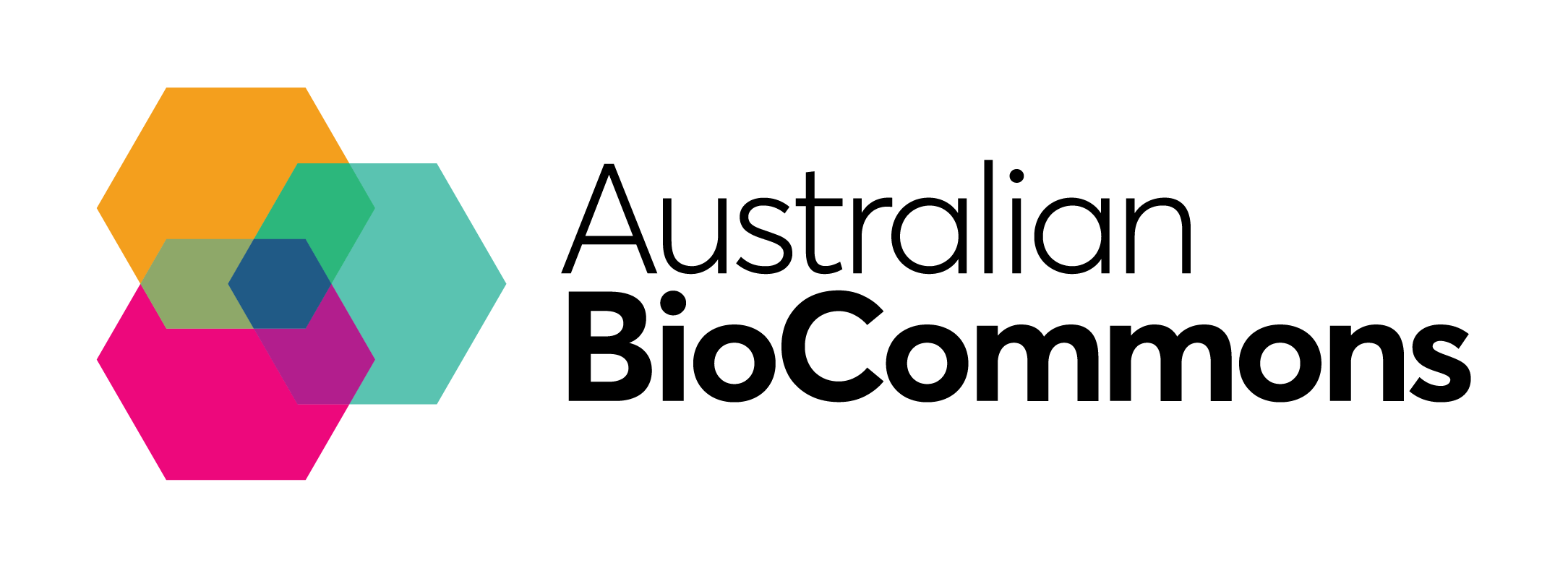WEBINAR: Detection of and phasing of hybrid accessions in a target capture dataset
Date: 10 June 2021 @ 12:00 - 13:00
Timezone: Canberra
Hybridisation plays an important role in evolution, leading to the exchange of genes between species and in some cases generate new lineages. The use of molecular methods has revealed the frequency and importance of reticulation events is higher than previously thought and this insight continues with the ongoing development of phylogenomic methods that allow novel insights into the role and extent of hybridisation. Hybrids notoriously provide challenges for the reconstruction of evolutionary relationships, as they contain conflicting genetic information from their divergent parental lineages. However, this also provides the opportunity to gain insights into the origin of hybrids (including autopolyploids).
This webinar explores some of the challenges and opportunities that occur when hybrids are included in a target capture sequence dataset. In particular, it describes the impact of hybrid accessions on sequence assembly and phylogenetic analysis and further explores how the information of the conflicting phylogenetic signal can be used to detect and resolve hybrid accessions. The webinar will showcase a novel bioinformatic workflow, HybPhaser, that can be used to detect and phase hybrids in target capture datasets and will provide the theoretical background and concepts behind the workflow.
Presenter: Dr Lars Nauheimer, Australian Tropical Herbarium
Date/time: 10 June 2021 - 12:00-13:00 AEST / 11:30 - 12:30 ACST / 10:00-11:00 AWST
Contact: Melissa Burke melissa@biocommons.org.au
Keywords: phylogenetics
Country: Australia
Organizer: Australian BioCommons
Host institutions: Australian Biocommons
Eligibility:
- First come first served
Target audience: Bioinformaticians, Biologists
Capacity: 500
Event types:
- Workshops and courses
Scientific topics: Phylogenetics
Activity log

